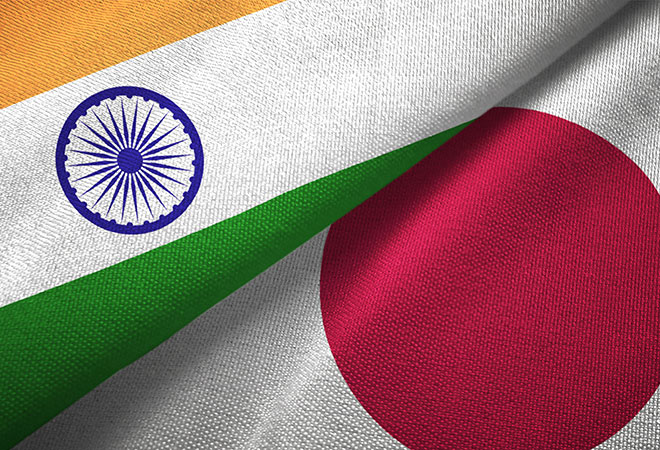The Indo-Pacific Arc comprises at least four countries that are the strongest military powers in the world. India and Japan are the two countries which are in a close tussle of gaining supremacy over their military prowess. As per Business Insider, Japan was at the fourth place amongst the fiercest militaries in the world with India lagging on its tail, being fifth in the list. Despite India being a bigger prospect in terms of manpower, frontline personnel and financial budget, it lags behind Japan from a technical and strategic perspective.
Detailed Analysis
Disturbed and Distorted by a common enemy China, India and Japan both have spent a humongous amount of wealth on their respective military forces. The reason for the increased expenditure is obvious. For more than two decades, China has almost gotten away with every dispute in the neighborhood. With advancing in the Himalayas to ascending to the extent of building a village in Andhra Pradesh worries the Indian government and exceedingly, the military. Japan shares a similar knotty relationship with China. While China accuses Japan over the lack of adequate acknowledgement over casualties at the time of World war-II by the latter, Japan also, time and again, has shown significant concerns with respect to the Chinese People’s Liberation Army and its actions which is continuously harming the bilateral relations.
Owing to the aforementioned reasons, both India and Japan have made huge inexplicable investments in their militaria ventures. India has not only limited itself to exhaustive financial investment, but has also taken steps to undertake the biggest integration and reorganization of India’s military. The Quad Leader’s Summit held at the White House, where Prime Minister Scott Morrison of Australia, Prime Minister Narendra Modi of India, and the then Prime Minister Yoshihide Suga of Japan graced the meeting with their esteemed presence, was the first-ever-in-person Leaders Summit. Along with several takeaways from the summit, the collective move to integrate the army, air and navy to operate with due coordination from the U.S., U.K. and Australia in establishing more nuclear-powered submarines in Asia-Pacific waters, was essentially the major silver-lining from the summit. Emphasizing the financial budget of the Indian Army, the defense has received a considerable hike from the union. The overall expenditure (including pension allocations and other miscellaneous expenses) for financial year 2021-22 is a whopping 65. 6 billion, a sizable hike of 1.4% from 2020-21.
Japan on the other hand, acknowledging potential threats in East-Asia, has also approved a record extra budget. The present cabinet of Japanese Prime Minister Kishida Fumio approved a huge 6.7 billion dollar budget for the nation’s military. An increased financial aid stabilizes Japan’s military as the third most powerful military power across Asia. The budget also has a global reflection on the US-Japan defense alliance and regional security, reiterating the issues furthered by the preceding Prime Minister Suga Yoshihide at the Quads Summit. The hiked financial allocations indicate the commitment of the new Prime Minister Kishida in continuing the policies formulated by the two predecessors. Japan aims to establish superiority in the domains of outer space, electronic warfare and cyberspace against stringent contentions for the likes of North Korea and China. Japan also essentially aims to neutralize China’s maritime assertiveness in the Indo-Pacific Arc.
Conclusion
As both India and Japan’s ranking of military prowess keeps fluctuating with each passing day, the regular change invariably causes grave concerns amongst the common enemies. India, although, has a huge pool of manpower and vast financial budget, but has a weaker know-how with respect to technology and cyber warfare. Furthermore, with China spreading its toxic and venomous fathers by trespassing into the territory of India and extending support to Pakistan, which is an arch-rival and furthermore, endorsing the Taliban government in Afghanistan, India seems to be in a tough spot and in a state of unrest. The possibility of such a potential war in the heart of Asia is likely to affect other nations like Japan. Therefore, with strained and edgy relations between Japan and China share, it is likely to believe that an extended unwavering support shall be furthered to India by Japan and would consequently result in strengthened bilateral relations. Therefore, militaria investments within both the nations are just a precaution of an anticipated mega-brawl in the heart of Asia and therefore, a much wider scope of alliance between nations, especially India and Japan are predictable.

